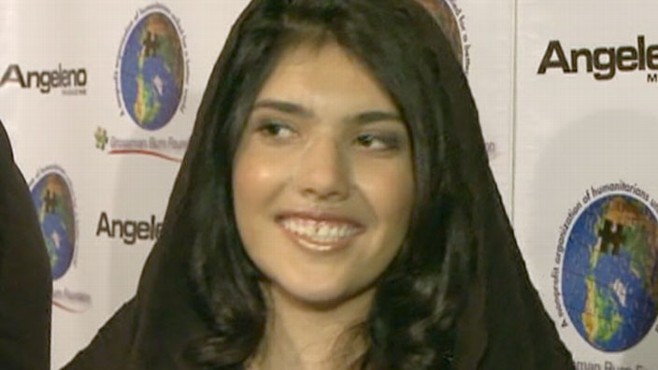
A student group held a presentation of the movie Half the Sky, based on the book of the same name. The movie stars journalist Nicholas Kristof, as he and special celebrity guests travel around the world, “saving” women wherever they go.
As many other feminists and activists have written, Half the Sky, and Kristof’s writing in general, are extremely problematic. It reeks of racism and imperialism. To celebrate the white savior narratives that Kristof propagates, especially in a university setting where it is given authority, is most unfortunate.
The film was followed by a panel discussion of experts from NGO’s, international organizations, and the academy. One of the panelists was from The Girl Initiative for Results and Learning (GIRL), sponsored by Nike and Xerox. The panelist spoke forcefully about the good that comes out of projects like Half the Sky, about how women in “developed” countries should “help” women in “undeveloped” countries, and that the women of the latter category need to be “empowered.” She mentioned these women must endure honor killings, widow burning, forced trafficking, and other crimes of supposedly backwards cultures.
At no point did this panelist, or any other panelist, talk about the structural forces that affect and shape women’s lives globally; forces like structural adjustment programs from the IMF, so-called development programs from the World Bank, and militarism meant to “save” women in the Third World. At no point did the panelists talk about the agency of supposedly trafficked women as sex workers.
Meanwhile, companies like Nike and Xerox, that fund research for The Girl Initiative for Results and Learning, have a history of violating women workers’ rights and attacking workers’ rights in general. When asked if it was a conflict of interest to accept money from companies that exploit women for funding her research, the GIRL panelist replied, “I firmly believe that companies like Nike just want their women workers to be rich enough to buy their products.”
For fans of Half the Sky, the endpoint of women’s empowerment is this: women’s bodies become just another accumulation strategy under neoliberalism. If white people can’t save Brown women, then global capital will. This endpoint becomes just another story that people like Nicholas Kristof fit nicely into yet another book, movie, or column. How can feminists counter such lies?
Writing about Half the Sky, a sex worker recently remarked that “it is crucial for journalists to confirm every piece of information they receive before sending it to print. I wanted to point out how easily such fabricated narratives can proliferate into the mainstream consciousness if reporters do not exercise caution…Sex workers are not part of the problem. We are part of the solution.”
Feminist researchers and storytellers must oppose the myths that circulate in global patriarchy and global capitalism that construct Third World women as needing to be saved. They must expand their methodologies to include and foreground those women most affected by globalization and structural violence. They must recognize and foreground the organizing and labor those women are engaged in. Theories and solutions must emerge from collaborative and collective conversations. Then, feminist researchers and storytellers can tell the truth. Women are organizing everywhere. Everywhere, women are working to create a better world and a whole sky.
We don’t need Nicholas Kristof. We don’t need Half the Sky. We all have other stories to tell.
(Photo Credit: Salon)

